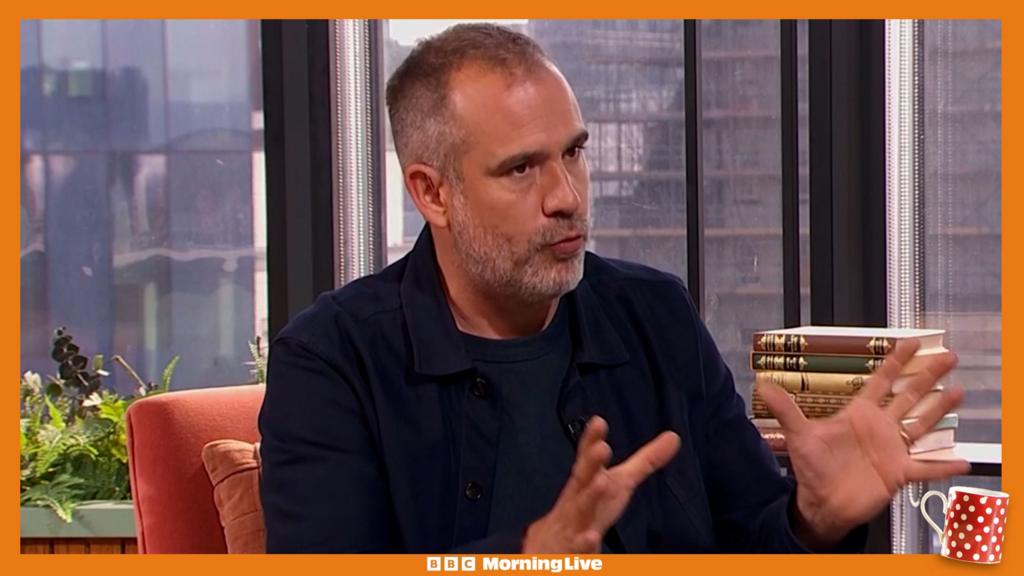Empowering Employees: The Rise of ICHRAs and Shifting Healthcare Responsibilities

The landscape of employer-sponsored healthcare is undergoing a significant shift. More and more companies are embracing a novel approach: handing the responsibility of health insurance selection and purchasing directly to their employees. This trend is largely driven by the increasing popularity and flexibility of Individual Coverage Health Reimbursement Arrangements (ICHRAs).
What are ICHRAs and Why the Shift?
Traditionally, employers have acted as the gatekeepers of health insurance, selecting plans and offering them to employees. However, the rising costs of healthcare and the desire for greater employee choice have prompted many organizations to reconsider this model. ICHRAs represent a departure from the conventional approach. Instead of selecting a specific insurance plan, employers provide employees with a designated amount of money – a health reimbursement arrangement – that they can use to purchase individual health insurance coverage on the open market.
Several factors are fueling this shift. First, ICHRAs offer employers greater cost predictability. They can budget a fixed amount per employee, regardless of the plan chosen. Second, employees gain more control over their healthcare decisions, selecting plans that best meet their individual needs and preferences. This can lead to increased employee satisfaction and engagement. Third, ICHRAs can be particularly attractive to businesses with a geographically diverse workforce, as employees can select plans available in their specific locations.
Benefits for Employees: Tailored Coverage & Potential Savings
For employees, ICHRAs offer a compelling set of advantages. They can shop around for plans that align with their specific health needs, budget, and lifestyle. Someone with chronic conditions might prioritize a plan with robust coverage for specialists, while a younger, healthier individual might opt for a high-deductible plan with lower premiums. The ability to compare plans and prices empowers employees to make informed decisions and potentially save money.
Furthermore, ICHRAs can be combined with Health Savings Accounts (HSAs) for even greater financial benefits. Employees can contribute to an HSA, which offers tax-advantaged savings for healthcare expenses.
Challenges and Considerations
While ICHRAs present numerous benefits, there are also challenges to consider. Employees need to be educated about navigating the health insurance marketplace and selecting appropriate coverage. Employers have a responsibility to provide clear guidance and resources to help employees make informed choices. Additionally, ensuring compliance with IRS regulations and understanding the nuances of ICHRAs is crucial for both employers and employees.
The Future of Healthcare Benefits
The rise of ICHRAs signals a broader trend towards more consumer-driven healthcare. As healthcare costs continue to rise and employee preferences evolve, we can expect to see even more innovative approaches to healthcare benefits emerge. ICHRAs are likely to play an increasingly important role in shaping the future of employee healthcare, empowering individuals to take control of their health and financial well-being. Companies that embrace this shift and provide their employees with the tools and resources they need to succeed will be well-positioned to attract and retain top talent.






